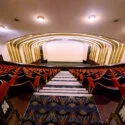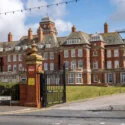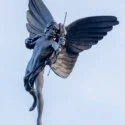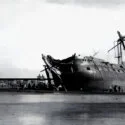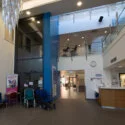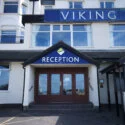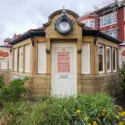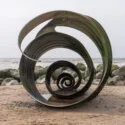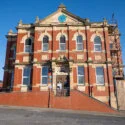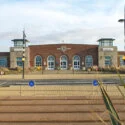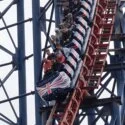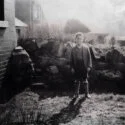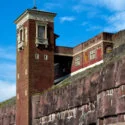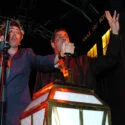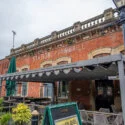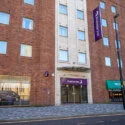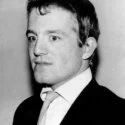During the Second World War, Blackpool played a pivotal role in supporting the exiled Polish Air Force following the fall of France in 1940 and the Dunkirk evacuation. The town became a central staging area for Polish aircrew, where they were processed and assigned to training or operational units. Key sites included the Goodwood Hotel on Hornby Road, which was used for debriefing and registration, and the Lansdowne Hotel, which functioned as the official headquarters of the Polish Air Force in exile. RAF Blackpool, with its Squires Gate aerodrome, formed an essential part of this support structure, contributing significantly to the training of Polish airmen. Trainees at Squires Gate received vital instruction, including ground training on aircraft such as the Vickers Wellington. Meanwhile, 308 Polish Squadron, engaged in defending the Midlands, was based at Bagington.
In November 1942, the RAF Polish Depot (3 Polish Wing), originally based in Blackpool, transitioned into the RAF (Polish) Record Office. By the end of the war in Europe, the Polish Air Force in exile had expanded to 15 operational squadrons—including fighter, bomber, coastal, and special duties units—and was supported by around 14,000 personnel. The sacrifices made by the Polish forces are commemorated at the Polish War Memorial at RAF Northolt, where the names of over 1,900 fallen airmen and airwomen are inscribed.
The background image shows a large memorial to Polish Air Force squadrons, situated on the floor of the north aisle of the reconstructed Wren Church, St Clement Danes, London.
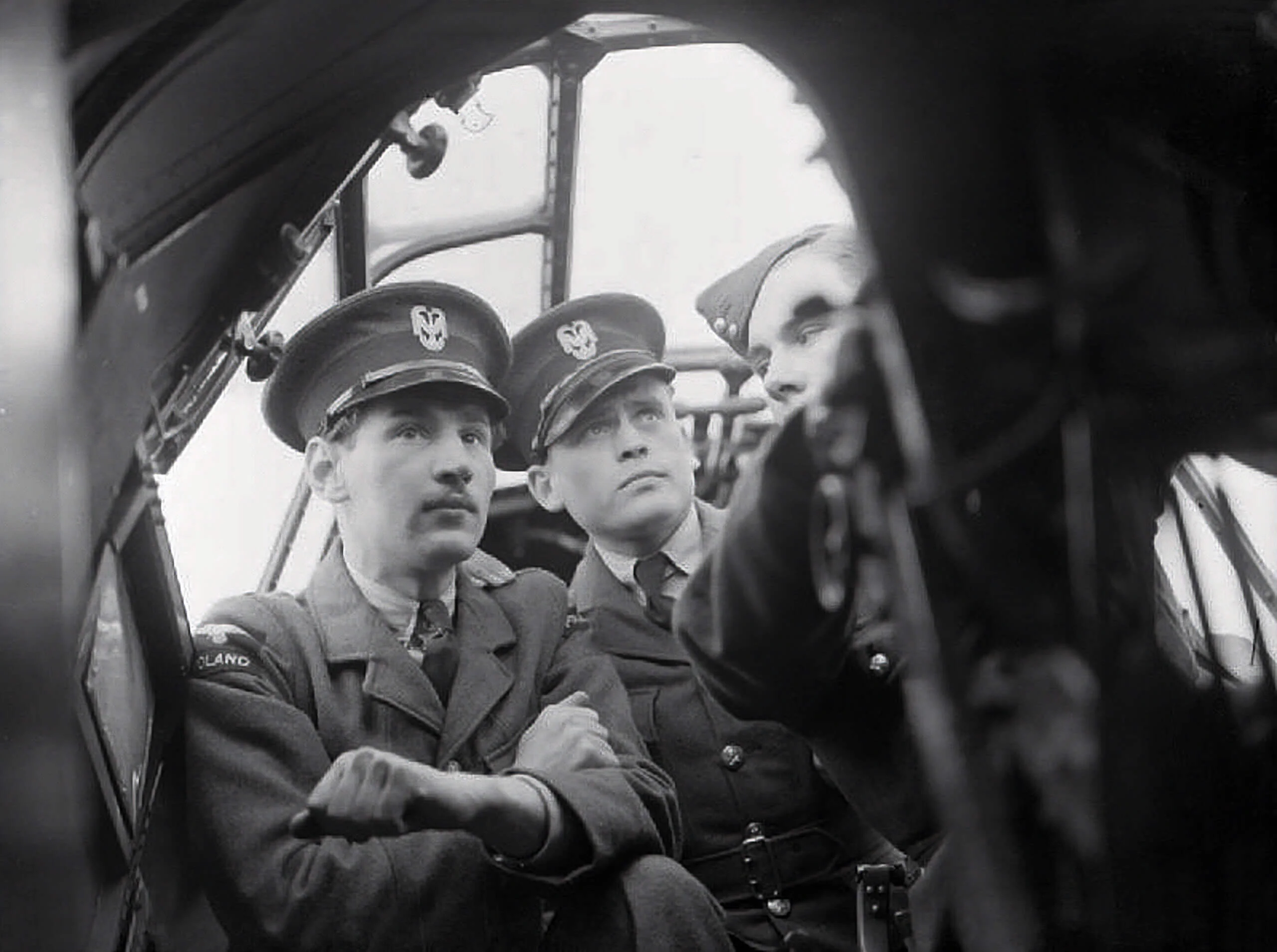
Royal Air Force and the Polish Air Force in the UK, 1939-1945. Two Polish airmen of the Polish Air Force Depot at RAF Blackpool, receive instruction on the controls of an aircraft, possibly a Fairey Battle light bomber, during ground training at Squires Gate aerodrome.


